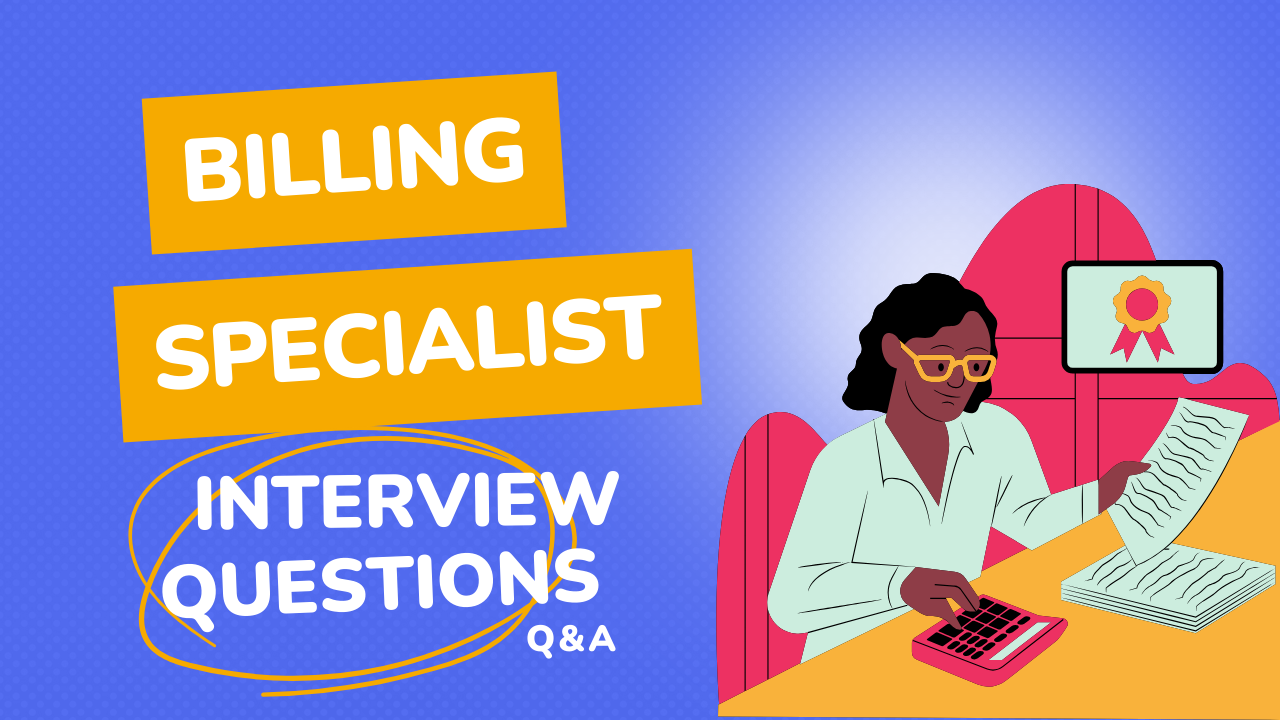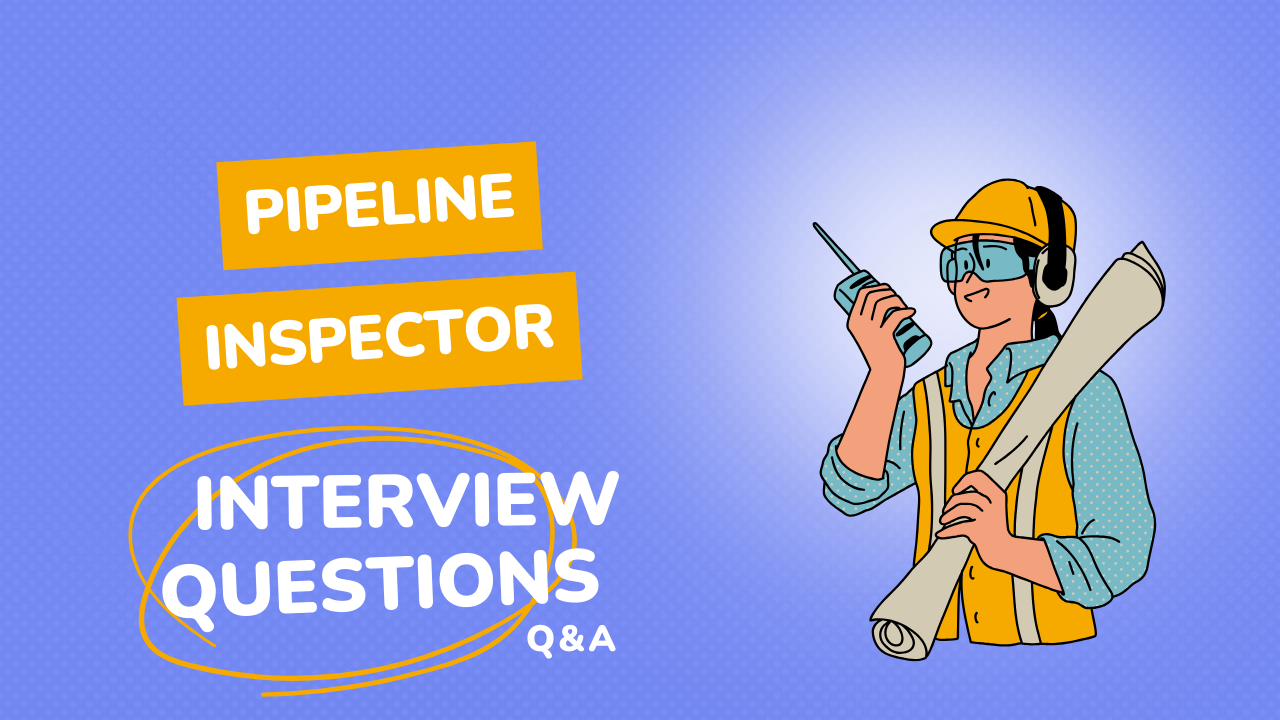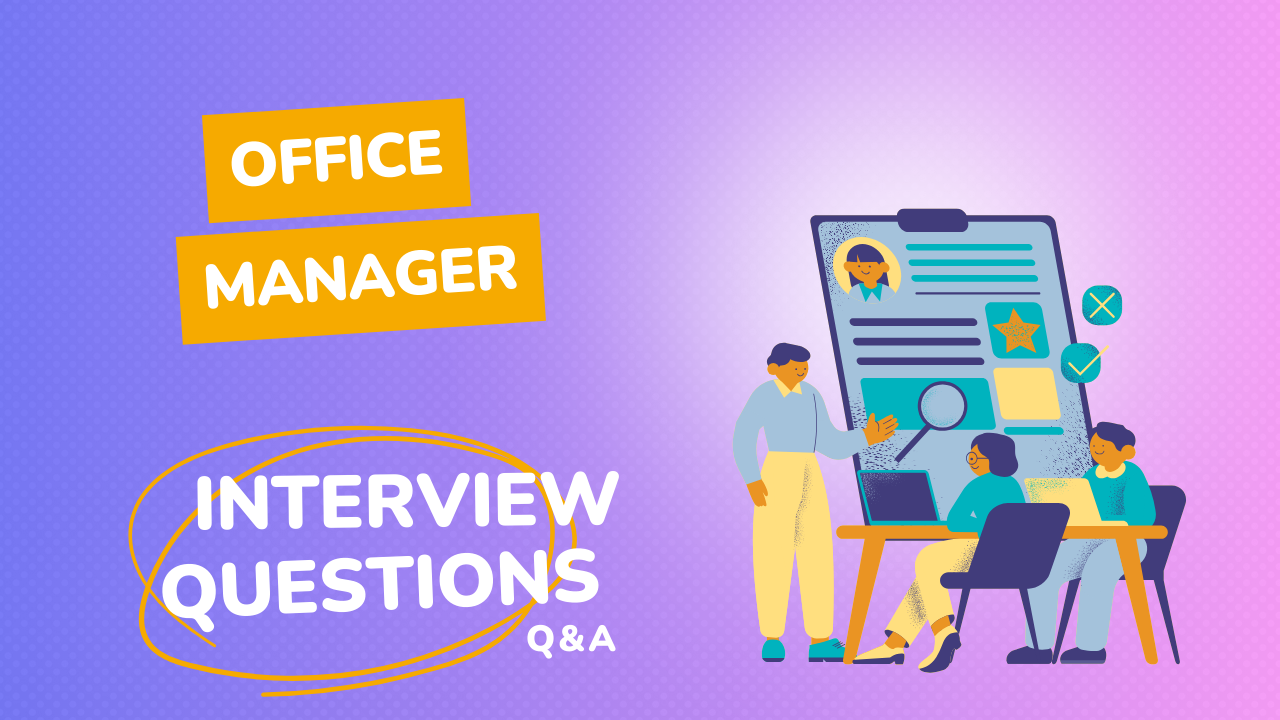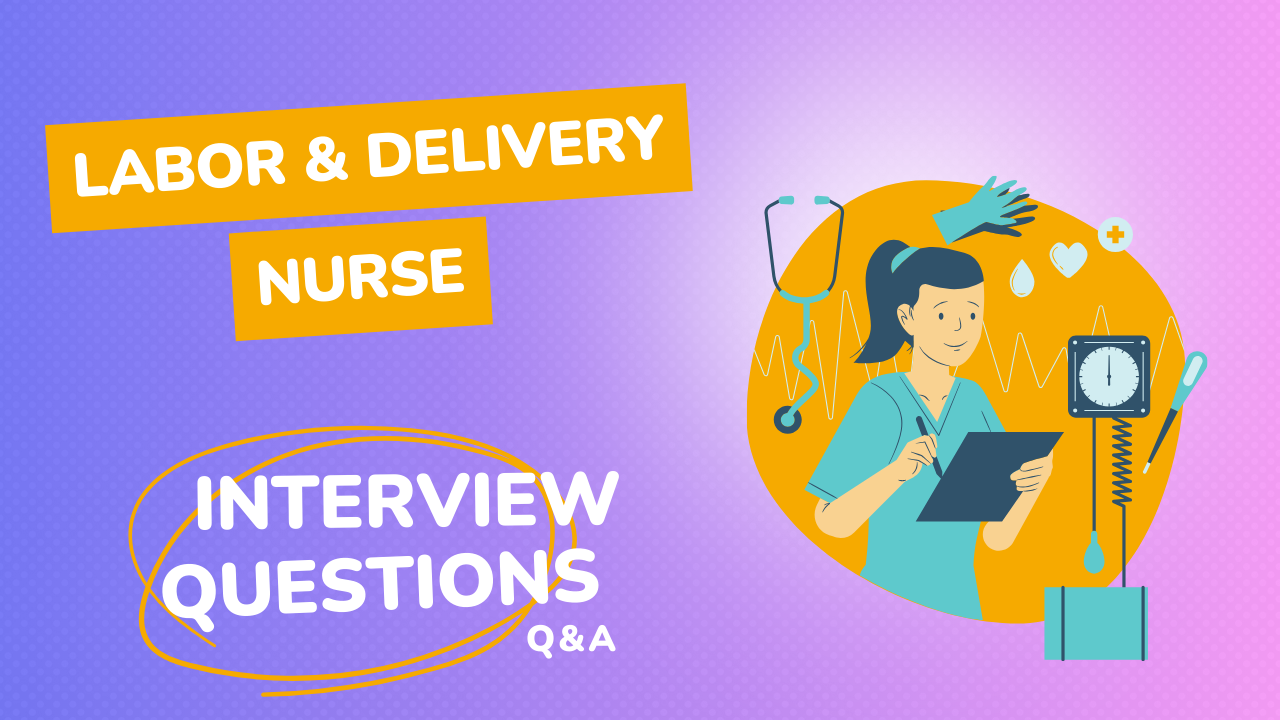Blog Detail
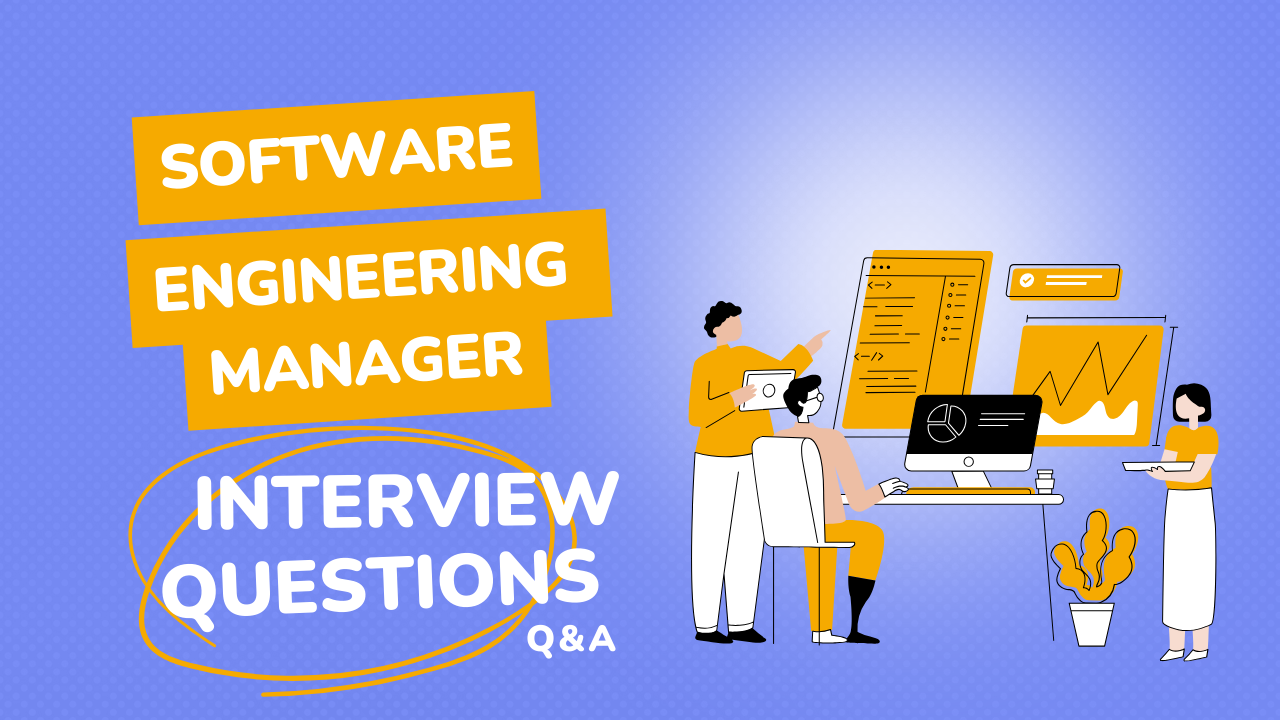
Guide to Software Engineering Manager Interview Process in the UK
Jun 2, 2024
As the tech industry continues to boom, the demand for skilled software engineering managers in the UK has never been higher. Landing a position in this role requires not only technical prowess but also strong leadership and management abilities. If you're gearing up for a software engineering manager interview in the UK, here's a detailed guide to help you navigate the process successfully.
Understanding the Role
Before diving into the interview process, it's crucial to have a clear understanding of what the role entails. Software engineering managers in the UK are responsible for overseeing teams of developers, ensuring projects are delivered on time and within budget, and driving innovation and efficiency within their teams. They must possess both technical expertise and leadership skills to effectively manage and motivate their teams.
Preparing Your Resume/CV
Your software engineering manager resume is your first opportunity to make an impression on potential employers. Tailor your document to highlight relevant experience, including past managerial roles, technical skills, and any achievements that demonstrate your ability to lead and deliver results. In the UK, recruiters often prefer concise and well-organized resumes, so keep it clear and to the point.
Researching the Company
Before your interview, take the time to research the company thoroughly. Familiarize yourself with their products, services, culture, and recent news or developments. Understanding the company's goals and values will not only help you answer interview questions more effectively but also demonstrate your genuine interest in the role and organization.
Preparing for Technical and Leadership Questions
Software engineering manager interviews in the UK typically cover a wide range of topics, including technical knowledge, leadership abilities, problem-solving skills, and cultural fit. While specific questions may vary, be prepared to discuss your experience managing software development projects, resolving conflicts within teams, implementing agile methodologies, and fostering a collaborative work environment. Additionally, expect questions that assess your strategic thinking, decision-making process, and ability to adapt to changing priorities.
Showcasing Your Leadership Skills
During the interview, emphasize your leadership abilities and management style. Provide examples of how you've successfully led teams, mentored junior developers, and facilitated effective communication and collaboration. Demonstrate your ability to motivate and inspire others, delegate tasks efficiently, and drive continuous improvement within your team.
Highlighting Your Technical Expertise
While software engineering managers don't necessarily need to be as hands-on with coding as individual contributors, a solid technical foundation is still essential. Be prepared to discuss your technical skills and experiences, including programming languages, development frameworks, and tools relevant to the role. Showcase your ability to understand and contribute to technical discussions, even if you're not the primary developer on a project.
Emphasizing Cultural Fit
In addition to technical skills and leadership abilities, cultural fit is a crucial factor in the hiring process. Employers in the UK value candidates who align with their company culture and values. During the interview, demonstrate your enthusiasm for the company's mission, vision, and values, and be prepared to articulate how you'll contribute to and thrive within their unique work environment.
How to Showcase Your Software Engineering Manager Skills in an Interview
Securing a software engineering manager position in UK requires more than just technical know-how; it demands a blend of leadership, communication, and problem-solving skills. During the interview process, it's essential to effectively demonstrate your capabilities beyond mere technical proficiency. Here's how you can showcase your software engineering manager skills during the interview:
1.Highlight Leadership Experience:
Discuss your experience in leading and managing software development teams. Provide examples of how you've motivated team members, set clear goals, and guided them through projects to successful completion. Emphasize your ability to inspire trust and foster a positive work culture.
2.Share Project Management Successes:
Illustrate your proficiency in project management by describing how you've overseen complex software development projects from inception to delivery. Discuss your approach to resource allocation, timeline management, and risk mitigation. Highlight any instances where you've successfully handled challenges or changes in project scope.
3. Demonstrate Communication Skills:
Effective communication is key to successful leadership. Showcase your ability to communicate clearly and diplomatically with team members, stakeholders, and upper management. Discuss how you've facilitated productive discussions, conveyed technical concepts to non-technical stakeholders, and resolved conflicts within teams.
4. Discuss Decision-Making Abilities:
As a software engineering manager, you'll often need to make critical decisions under pressure. Provide examples of situations where you've had to make tough decisions, weighing various factors and considering input from multiple stakeholders. Explain your decision-making process and how it led to positive outcomes.
5. Showcase Technical Expertise:
While you may not be expected to code extensively in a managerial role, it's important to demonstrate your technical proficiency. Discuss your background in software development, highlighting your knowledge of programming languages, development methodologies, and industry best practices. Illustrate how your technical expertise informs your decision-making and problem-solving approach.
6. Highlight Team Development Initiatives:
As a leader, investing in the growth and development of your team is essential. Talk about any initiatives you've implemented to mentor junior developers, provide learning opportunities, or promote knowledge sharing within the team. Share success stories of team members who have progressed under your guidance.
7. Address Conflict Resolution Skills:
Conflict is inevitable in any team environment. Describe how you've effectively managed conflicts within your team, whether they were related to technical disagreements, personality clashes, or competing priorities. Discuss your approach to conflict resolution, emphasizing collaboration, empathy, and compromise.
8. Showcase Results and Achievements:
Quantify your impact wherever possible. Highlight specific accomplishments, such as delivering projects ahead of schedule, improving team productivity, or implementing cost-saving measures. Concrete examples of your contributions will help substantiate your claims and demonstrate your value as a software engineering manager.
25 Common Interview Questions for Software Engineering Manager and their Answers with Examples
Certainly! Here are 25 common interview questions and sample answers tailored for a software engineering manager position in the UK:
1. Can you walk us through your experience managing software development teams?
Sample Answer: "Certainly. Over the past [X] years, I've had the opportunity to lead cross-functional software development teams in various projects. I've overseen the entire software development lifecycle, from requirement gathering to deployment, ensuring projects are delivered on time and within budget."
2. How do you prioritize tasks and allocate resources within your team?
Sample Answer: "I prioritize tasks based on project deadlines, dependencies, and overall impact on the business. I ensure that resources are allocated effectively, considering team members' strengths and workload, to maximize productivity and meet project objectives."
3. How do you handle underperforming team members?
Sample Answer: "When dealing with underperforming team members, I believe in first understanding the root cause of the issue. I provide constructive feedback, offer support and resources for improvement, and set clear expectations. If performance issues persist, I work with HR to implement a performance improvement plan."
4. Can you describe your approach to implementing agile methodologies within your team?
Sample Answer: "I'm a strong advocate for agile methodologies, as they promote flexibility, collaboration, and rapid iteration. I've successfully implemented agile practices such as daily stand-ups, sprint planning, and retrospectives to drive efficiency and adaptability within my teams."
5. How do you ensure effective communication within your team and with stakeholders?
Sample Answer: "Communication is key to successful project execution. I foster an open and transparent communication culture within my team, encouraging regular updates, feedback sessions, and status meetings. Additionally, I maintain open channels of communication with stakeholders, ensuring alignment on project goals and progress."
6. How do you handle conflicting priorities and tight deadlines?
Sample Answer: "In situations with conflicting priorities and tight deadlines, I prioritize tasks based on strategic importance and impact on project delivery. I communicate with stakeholders to manage expectations and negotiate realistic deadlines. I also collaborate with the team to identify potential bottlenecks and mitigate risks proactively."
7. Can you share an example of a successful project you've managed from start to finish?
Sample Answer: "Certainly. In my previous role, I led a team in developing a new product feature that significantly enhanced user experience and drove a 20% increase in customer engagement. From defining requirements to overseeing implementation and launch, I ensured seamless project execution and delivered results that exceeded expectations."
8. How do you promote innovation and creativity within your team?
Sample Answer: "I believe in creating a supportive environment where team members feel empowered to explore new ideas and take calculated risks. I encourage brainstorming sessions, hackathons, and knowledge-sharing initiatives to foster innovation and cross-pollination of ideas within the team."
9. How do you stay updated with the latest trends and technologies in the software engineering field?
Sample Answer: "I'm committed to continuous learning and professional development. I regularly attend industry conferences, participate in online courses, and engage with relevant communities to stay abreast of emerging technologies, best practices, and industry trends."
10. How do you ensure that your team adheres to coding standards and best practices?
Sample Answer: "I'm a firm believer in the importance of coding standards and best practices for maintaining code quality and scalability. I conduct code reviews regularly, provide constructive feedback, and mentor team members on coding standards and best practices. Additionally, I encourage the use of automated tools and processes to enforce coding standards and identify potential issues early in the development cycle."
11. How do you handle a situation where a project is behind schedule?
Sample Answer: "When a project falls behind schedule, I first assess the root cause of the delay and identify any critical bottlenecks. I then collaborate with the team to develop a mitigation plan, which may involve reallocating resources, reprioritizing tasks, or adjusting project scope. Throughout the process, I maintain transparent communication with stakeholders to manage expectations and minimize the impact of the delay."
12. How do you foster a culture of collaboration and teamwork within your team?
Sample Answer: "I believe that collaboration is essential for team success. I promote a culture of collaboration by encouraging open communication, fostering trust and mutual respect among team members, and providing opportunities for cross-functional collaboration. I also recognize and celebrate team achievements to reinforce a sense of unity and shared purpose."
13. Can you discuss a time when you had to resolve a conflict within your team?
Sample Answer: "Certainly. In a previous project, two team members had differing opinions on the technical approach for implementing a critical feature. I facilitated a constructive discussion between them, encouraging active listening and empathy. By acknowledging each person's perspective and finding common ground, we were able to reach a consensus and move forward with a unified approach."
14. How do you ensure that your team remains motivated and engaged?
Sample Answer: "I believe in recognizing and rewarding team members for their contributions and achievements. I provide regular feedback and encouragement, celebrate milestones and successes, and create opportunities for professional growth and development. Additionally, I foster a positive work environment where team members feel valued, empowered, and inspired to excel."
15. How do you approach performance evaluations and feedback sessions with your team members?
Sample Answer: "I conduct performance evaluations regularly, providing specific, actionable feedback tailored to each team member's strengths and areas for improvement. I believe in fostering a culture of continuous improvement, so I encourage open dialogue and constructive feedback from both sides during feedback sessions. I also set clear goals and expectations to help team members track their progress and development."
16. Can you discuss your experience with budget management and resource allocation?
Sample Answer: "In my previous roles, I've been responsible for managing project budgets and allocating resources effectively to maximize ROI. I collaborate closely with finance and HR teams to develop accurate project budgets and resource plans. Throughout the project lifecycle, I monitor expenses, identify cost-saving opportunities, and adjust resource allocations as needed to ensure optimal project performance within budgetary constraints."
17. How do you approach risk management in software development projects?
Sample Answer: "I believe in taking a proactive approach to risk management by identifying potential risks early in the project lifecycle and developing mitigation strategies to address them. I conduct thorough risk assessments, involving key stakeholders and subject matter experts to identify and prioritize risks based on likelihood and impact. I then implement risk mitigation measures and monitor risk factors throughout the project to ensure timely intervention if needed."
18. How do you handle feedback from stakeholders or upper management that conflicts with your team's recommendations?
Sample Answer: "I view feedback from stakeholders or upper management as an opportunity for constructive dialogue and collaboration. I listen attentively to their concerns, validate their perspectives, and seek to understand the underlying reasons behind their feedback. I then communicate openly with my team, incorporating relevant feedback while also advocating for our recommendations based on our expertise and analysis of the situation."
19. Can you discuss your experience with cross-functional collaboration and stakeholder management?
Sample Answer: "Throughout my career, I've collaborated closely with various cross-functional teams and stakeholders to drive successful project outcomes. I understand the importance of building strong relationships and maintaining open communication channels with stakeholders from different departments and backgrounds. I actively engage with stakeholders to gather requirements, provide progress updates, and solicit feedback throughout the project lifecycle. By fostering a collaborative environment and promoting transparency, I ensure alignment on project goals and priorities, ultimately driving successful cross-functional collaboration and stakeholder management.
20. How do you approach strategic planning and goal setting for your team?
Sample Answer: "I believe in aligning team goals with the broader strategic objectives of the organization. I work closely with senior leadership to understand the company's vision and objectives, then translate those into actionable goals for my team. I ensure that goals are SMART (Specific, Measurable, Achievable, Relevant, Time-bound) and regularly track progress, making adjustments as needed to stay on course."
21. Can you discuss a time when you had to make a difficult decision as a software engineering manager?
Sample Answer: "Certainly. In a previous role, we encountered unexpected technical challenges that jeopardized the project timeline. After assessing the situation and consulting with key stakeholders, I made the difficult decision to reallocate resources from other projects to address the issue promptly. While it was a tough call, it ultimately enabled us to mitigate risks and deliver the project on time."
22. How do you promote diversity and inclusion within your team?
Sample Answer: "I believe that diversity and inclusion are essential for fostering innovation and driving business success. I actively promote diversity within my team by advocating for inclusive hiring practices, creating opportunities for underrepresented groups, and fostering a culture of respect and belonging. I also ensure that diverse perspectives are valued and incorporated into decision-making processes."
23. Can you discuss your experience with performance metrics and KPIs for software development teams?
Sample Answer: "In my role as a software engineering manager, I've developed and monitored key performance indicators (KPIs) to measure team productivity, quality, and efficiency. These metrics include but are not limited to code quality metrics, sprint velocity, bug resolution time, and customer satisfaction scores. I use these metrics to identify areas for improvement, track progress over time, and drive continuous optimization of team performance."
24. How do you handle changes in project scope or requirements?
Sample Answer: "Flexibility and adaptability are essential when dealing with changes in project scope or requirements. I collaborate with stakeholders to assess the impact of changes on project timelines, budgets, and resources. I then communicate transparently with my team, adjusting priorities and work plans as needed to accommodate the changes while minimizing disruption to project progress."
25. Can you discuss a time when you successfully resolved a high-pressure situation or crisis within your team?
Sample Answer: "Certainly. In a previous project, we encountered a critical production issue just days before the scheduled release. The team was under immense pressure to identify and fix the issue promptly. I facilitated a focused troubleshooting session, mobilizing resources and coordinating efforts across teams to resolve the issue within the tight timeframe. By maintaining a calm demeanour and rallying the team, we were able to mitigate the impact of the crisis and deliver a successful release."
These sample answers provide a framework for responding to common interview questions for a software engineering manager position in the UK. Remember to tailor your responses to your specific experiences and achievements, providing concrete examples whenever possible to demonstrate your qualifications and suitability for the role.
